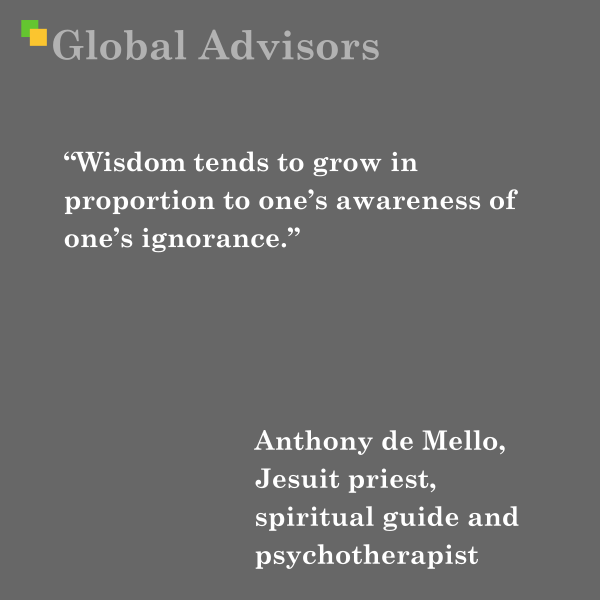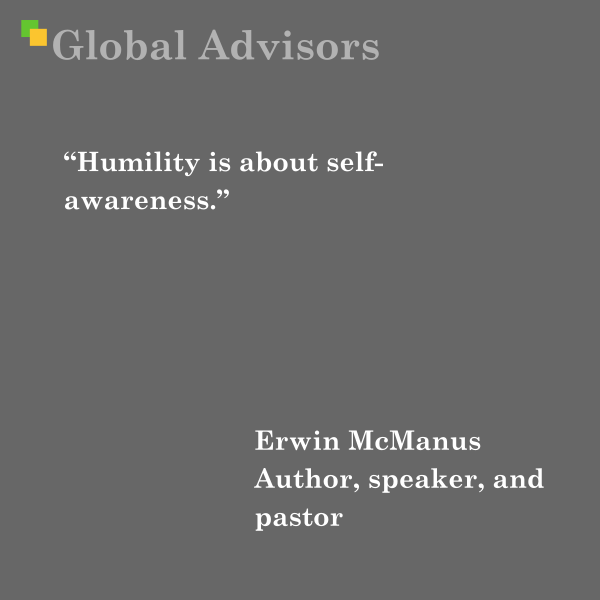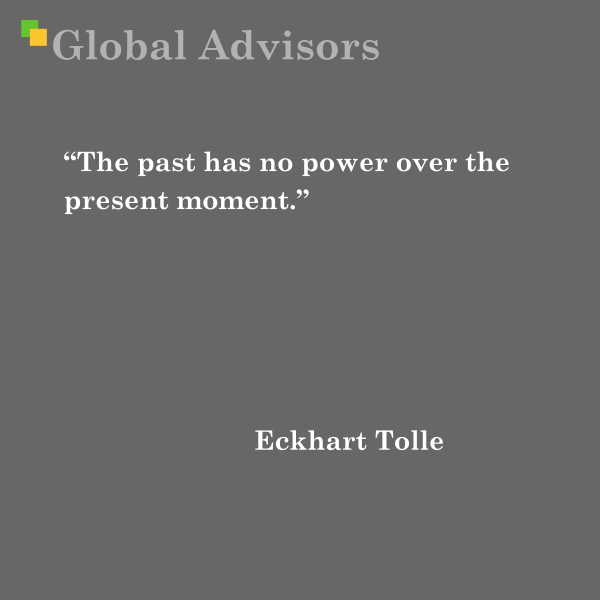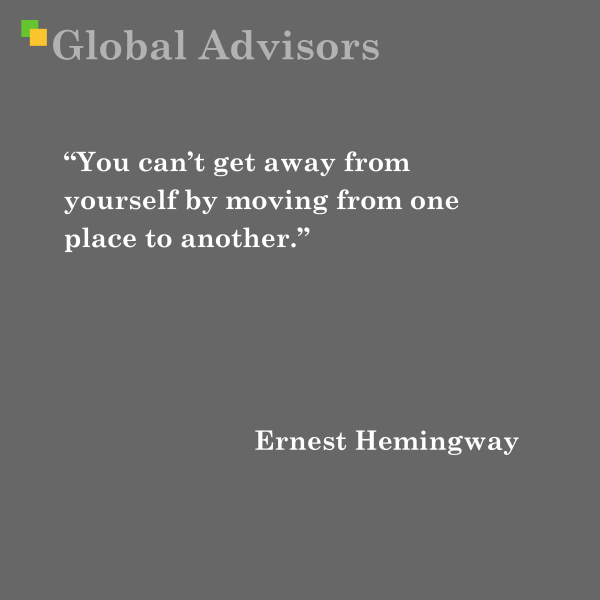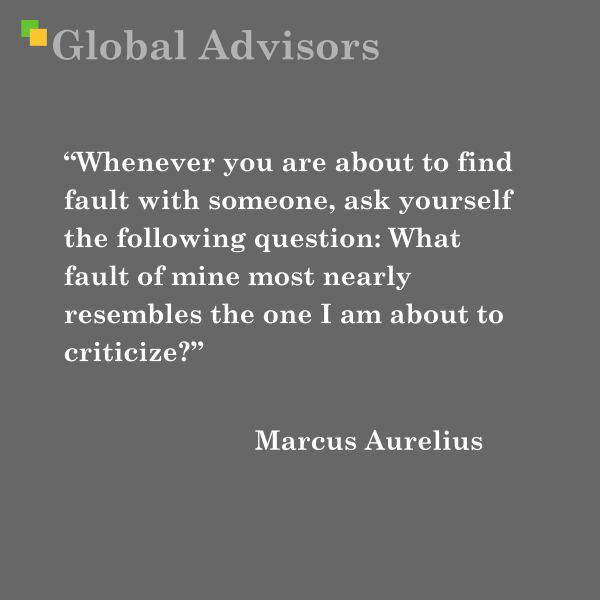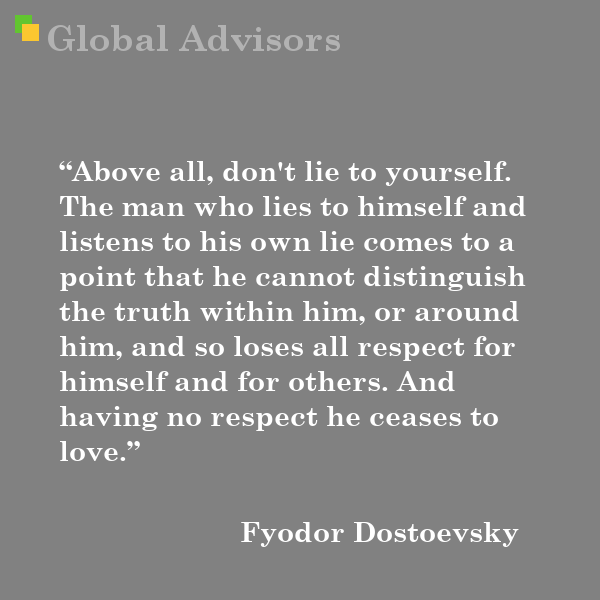“Wisdom tends to grow in proportion to one’s awareness of one’s ignorance.” – Anthony de Mello, Jesuit priest, spiritual guide, and psychotherapist
Anthony de Mello was a renowned spiritual teacher and author known for his work on the intersection of spirituality and psychology. His quote highlights an essential aspect of personal growth and self-improvement—the idea that true wisdom comes from recognizing our limitations and understanding what we don’t know.
De Mello’s message suggests that when individuals acknowledge their ignorance or areas where they lack knowledge, they create a space for learning and growth. This awareness fosters humility, encourages open-mindedness, and motivates people to seek out new information and experiences. It is through this process of self-reflection and acceptance of one’s limitations that true wisdom can flourish.
This quote has resonated with many individuals seeking personal development and those in leadership roles who strive to create a culture of continuous learning within their organizations.
Biography
Anthony de Mello, SJ (1931–1987), was an Indian Jesuit priest, spiritual guide, and psychotherapist. He is widely regarded as one of the foremost mystical theologians of the late 20th century. De Mello’s work focused on helping individuals achieve a deeper understanding of their spiritual nature through his unique approach to life and spirituality.
Early Life and Education
De Mello was born in Mumbai (then Bombay), India, into a Catholic family. He originally learned with great discipline the spiritual practices of Ignatius of Loyola, the founder of the Jesuit Order. This foundation laid the groundwork for his future as a master teacher in spiritual retreats that incorporated yoga, vipassana meditation, and other oriental and multicultural spiritual practices.
Spiritual Teaching and Influence
De Mello’s approach to life was simple and direct, often using stories and anecdotes to illustrate profound spiritual truths. He believed that happiness and freedom come from within and that our thoughts are our worst enemies. His books, such as “A Rediscovery of Life,” continue to be influential in contemporary spirituality, emphasizing the importance of self-awareness and acceptance of one’s spiritual nature.
Books and Lectures
De Mello wrote several books, including “A Rediscovery of Life” (his last work), “Doa Sang Katak 1: Meditasi Dengan Cerita,” and “One Minute Wisdom.” His lectures and retreats have had a significant impact on individuals worldwide, helping them to perceive conflicts and paradoxes differently.
Humanitarian Outreach
De Mello was also deeply committed to humanitarian causes. He took at heart the recommendations of the Vatican II Council, showing the way for a possible renovation of Catholic ministry and offering a deeper understanding to people of all faiths or no particular faith. His work continues to inspire attempts to bring about what Ken Wilber calls the “Conveyor Belt” of churches.
Legacy and Recognition
De Mello’s sudden death in 1987 at the age of 56 left a profound impact on his followers and colleagues. He is remembered as a man of much charisma, who became well-known throughout the world through his books, lectures, and retreats. The DeMello Spirituality Center, founded in 1984, continues to extend his approach and message globally.
Influence on Modern Thought
De Mello’s influence extends beyond his own lifetime. His ideas have been integrated into various spiritual traditions and are often compared to those of other important pioneers like Trappist monk Thomas Merton and Fr. Thomas Keating O.C.S.O. His works stand in line with an emerging Integral Catholicism, contributed by Catholic creatives such as Fr. Thomas Berry C.P.
Critical Reception
De Mello’s work has also prompted a censoring reaction from the Vatican’s Congregation for the Doctrine of the Faith, which led to a reaction in liberal sections of the U.S. Roman Catholic Church and the Mid Asian synod. Despite this, he remains an influential figure in contemporary spiritual thought.
Personal Life
De Mello was known for his sincere and friendly attitude towards people from every religious persuasion, making him comfortable and at home near him. He expressed himself as a genuine brother to all and came to understand that the genuine Catholic Church encompasses all people: Christians and non-Christians.
